Is It Better To Replace or Repair An AC?

Table of Contents
ToggleMost homeowners are familiar with the reality of needing to replace their air conditioning system at some point. Unfortunately, when an AC is too old to repair, homeowners are stuck with the decision of whether or not it’s worth it to try and repair it or just replace it with a new one. Repairing an AC when it’s less than half of the replacement cost is a prudent choice, but it’s important to understand when it might not make sense. Similarly, understanding how often an AC unit breaks down can help prevent surprise or surprise maintenance costs. Furthermore, proper maintenance can help keep the cost of repairs down and help ensure that the unit doesn’t face sudden emergency repairs. This article will discuss when an AC is too old to repair, how much of the replacement cost should be the limit for repairs, how often ACs break down, and the benefits of proper maintenance.
When An AC Is Too Old To Repair
When an air conditioner is too old to repair, it is important to take into account all of the available options. Replacement of the unit is the most common answer for ACs that are beyond repair. However, investigating the cost of the repair versus the cost of a new appliance may lead to a different conclusion.
The cost of repairing an old air conditioner can quickly add up, especially when parts that are no longer made are required. If the make and model of the unit is out of circulation, the needed parts may have to be manufactured custom. This cost can easily exceed the cost of a new unit.
Furthermore, older technologies in air conditioner systems tend to be inefficient. Old ACs with low Seasonal Energy Efficiency Ratio (SEER) ratings are no longer manufactured. Replacing an outdated air conditioner with a modern, energy-efficient unit can result in significant savings on energy bills.
In many cases, though, age alone is not a reliable indicator of efficiency or lifespan. Other factors such as frequency of repair and maintenance, location of the unit, proper sizing, and diligence in changing filters all play a role in AC longevity. If all of these have been well-managed, then repair may still be a viable option for the air conditioner.
If it is determined that repair of the air conditioner is not practical, then setting up a new unit is the best option. Careful consideration of energy efficiency of the unit and the proper coverage for the space must be taken when selecting a new unit. An experienced HVAC technician can evaluate the space and recommend the best replacement air conditioner for its needs.
Repair Your AC When It’s Less Than Half of the Replacement Cost
Having a broken air conditioner can be a stressful and inconvenient experience for any homeowner. In some cases, AC repairs can be more expensive than totally replacing the unit, leaving the homeowner wondering what the best course of action should be. Fortunately, if the repair cost comes in significantly lower than the cost of a new AC unit, then it almost always makes sense to repair the existing one.
When faced with an AC repair bill, homeowners should shop around for the best price. Make sure to consult with several different AC technicians, as different companies can come up with different estimates for parts and labor. It’s also important to discuss any potential repairs with the technicians and talk through the potential cause of the problem. Knowing what may have caused the breakdown can help the homeowner make an informed decision.
If an AC repair costs less than half the price of a new unit, then repairing the existing unit is likely the best financial choice. In most cases, a well-maintained and properly functioning AC system should last up to 12 years. So if the repair cost is significantly lower than the cost of a new unit, then a repair should be chosen over replacement.
It’s important to note that repairs should only be attempted on an AC system that’s less than 12 years old. Any older AC unit should immediately be replaced by a newer, higher efficiency model, as the energy savings can often outweigh any potential repair costs.
Finally, homeowners should make sure to inspect the AC system annually to ensure it’s operating at peak efficiency. Regular maintenance can not only help protect against a potentially costly repair, it can also extend the life of the unit. When an AC unit is regularly maintained it can continue to operate efficiently to keep your home at the right temperature.
How Often Does An AC Unit Break Down
AC units, like all pieces of mechanical equipment, are susceptible to breakdowns. Knowing how often an AC unit might break down can help in budgeting for repairs and maintenance.
An AC unit will typically begin to show sign of trouble before it breaks down completely. This may include noises, unusual smells or thermostat malfunctions that should prompt immediate attention. If the AC unit is regularly maintained by a technician, most repair work can be done quickly. A well-maintained AC unit should last for years without a major breakdown.
Proper maintenance is the key to avoiding costly repairs. Regularly changing out air filters, cleaning the coils, checking all connections and inspecting the outdoor unit can help to prevent breakdowns and costly repairs in the long run. Scheduling regular maintenance with a technician can also help prolong the life of the AC unit.
The frequency of AC unit breakdowns can vary depending on the age and quality of the unit, as well as how it is maintained. New AC units with regular maintenance should rarely experience any major breakdowns. Older units are more likely to require more frequent repairs or replacements.
When an AC unit does break down, it is important to seek repairs as soon as possible. Without working AC, you will be uncomfortable in the hot summer months. In addition, allowing a malfunctioning AC to continue running will cause it to break down sooner and could cause further damages to other components.
With proper maintenance and occasional repairs, AC units can last for many years before a complete breakdown. If you encounter any signs of trouble, it is important to contact a technician right away to avoid major breakdowns in the future.
Benefits Of Maintenance
Regular maintenance of an item is essential to its longevity. Regular maintenance activities help identify potential issues or problems before they become serious. The cost of preventive maintenance is far less than the costs associated with more serious repairs. By scheduling regular inspections and maintenance, an owner can enjoy the benefits of a safely operating and secure item.
One of the primary benefits of regular maintenance is that it allows any potential issues to be identified and addressed early on. This prevents any build-up of small problems, which can snowball and cause significant damage or disruption. Timely identification also prevents any potential safety issues or dangers due to failure of crucial components or systems.
Preventative maintenance and inspections can also help extend the life of an item. Regular maintenance of any item, whether it be a piece of equipment, vehicle, or building, helps to catch any potential issues before they do major damage. This reduces the stress on parts and components and helps avoid costly repairs down the road.
Regular maintenance also helps maintain and improve reliability of an item. Regular inspections and maintenance ensure that all components are well-maintained and can help optimize any of the item’s functions. This regular upkeep ensures that everything is running efficiently and reduces the need for emergency repairs.
Additionally, regularly scheduled maintenance activities can help ensure compliance with any applicable standards or regulations. Depending on the item and its use, it may be required by law to follow particular maintenance routines. Scheduling regular inspections helps ensure these procedures are followed and that any necessary repairs or replacements are taken care of.
Overall, regular maintenance provides many benefits including safely operating items, reduction in costs and improved reliability. Preventive maintenance is an important part of protecting any item and ensures its longevity and function.
Conclusion
In conclusion, when an AC is too old to repair, it is often best to replace the unit as the costs of repair can be comparable if not more expensive than a new system. Regular maintenance can decrease the chances of unit breakdown significantly. Additionally, a well-maintained system is likely to run more efficiently and efficiently and effectively for longer. Ultimately, it is important to weigh the cost of repair versus the cost of replacement to determine what is best for your particular unit.
Other Blogs You May Be Interested In
Categories
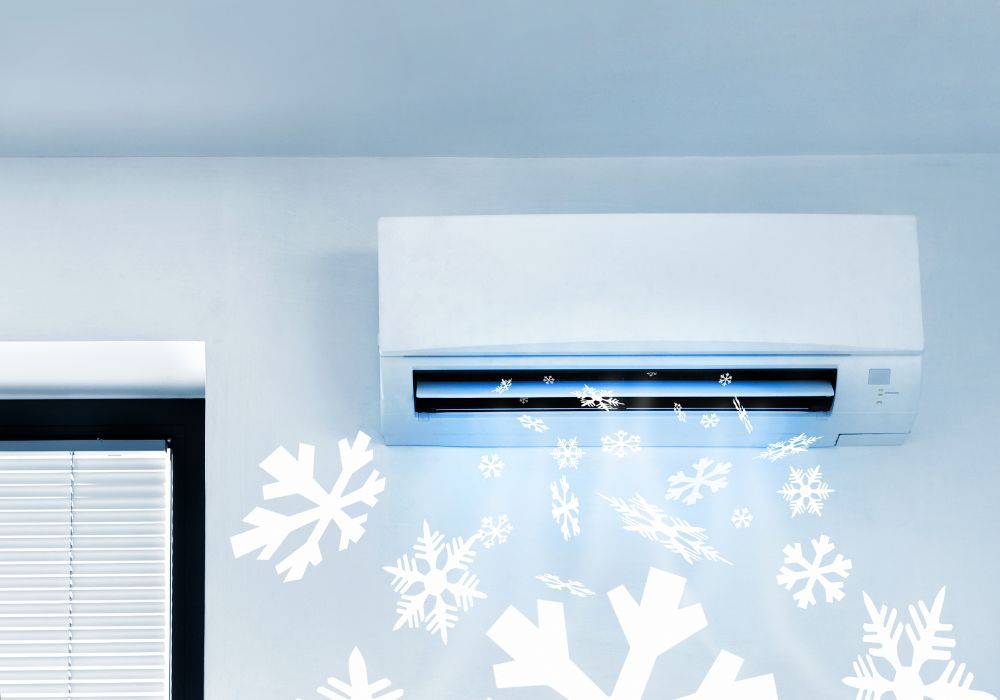
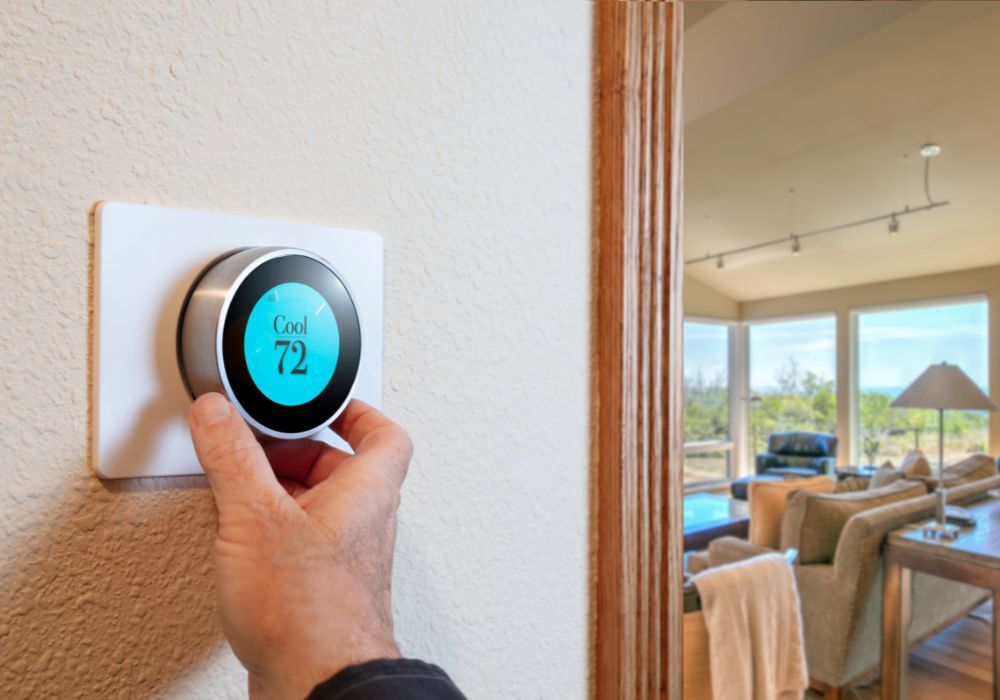
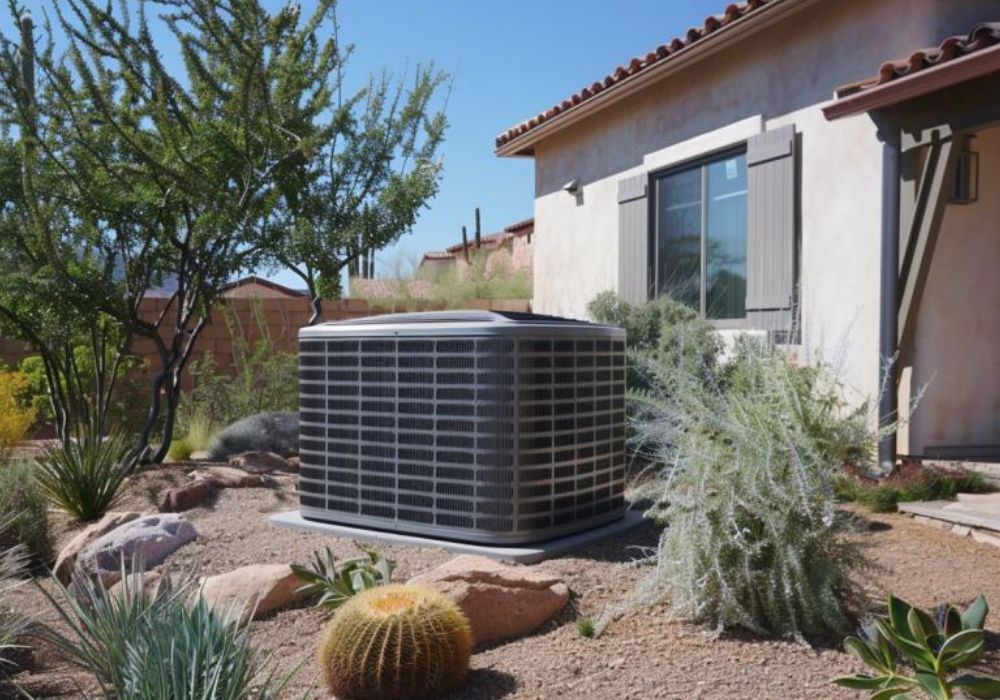
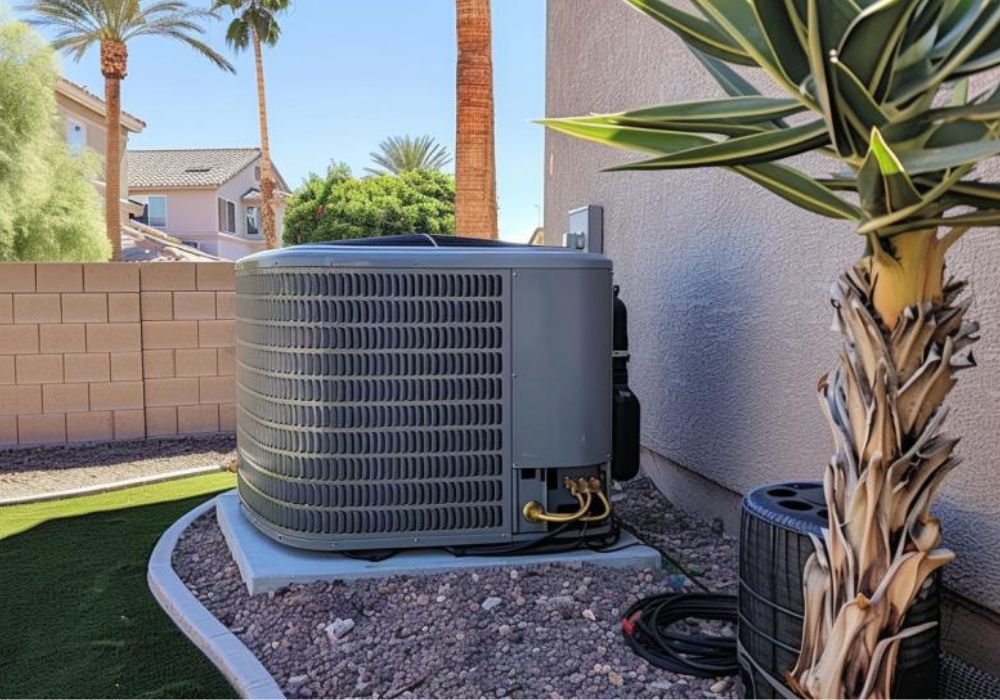
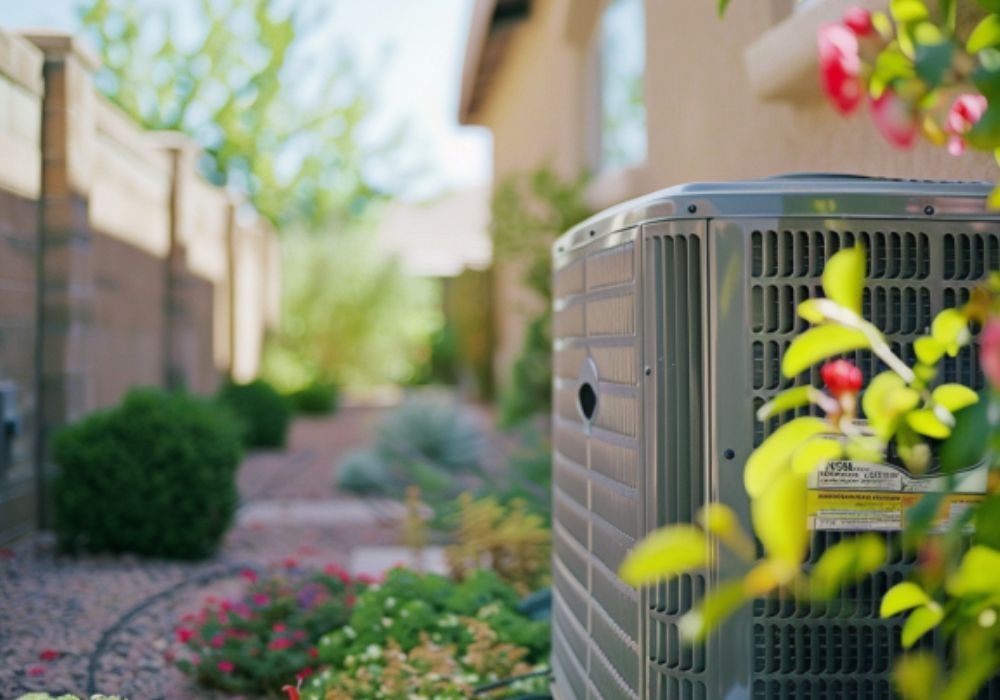
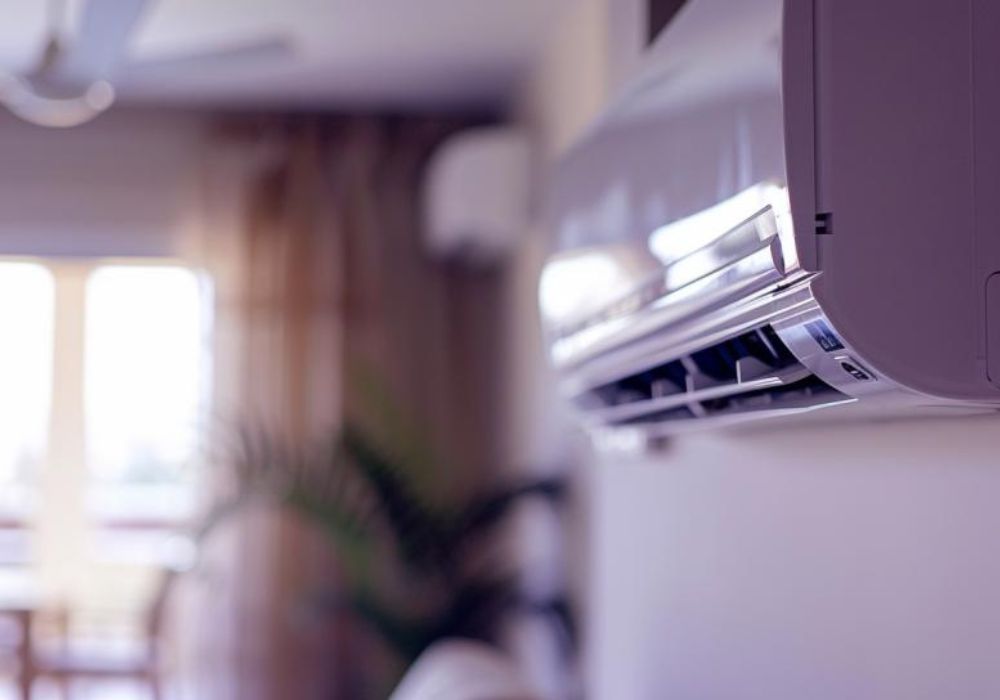
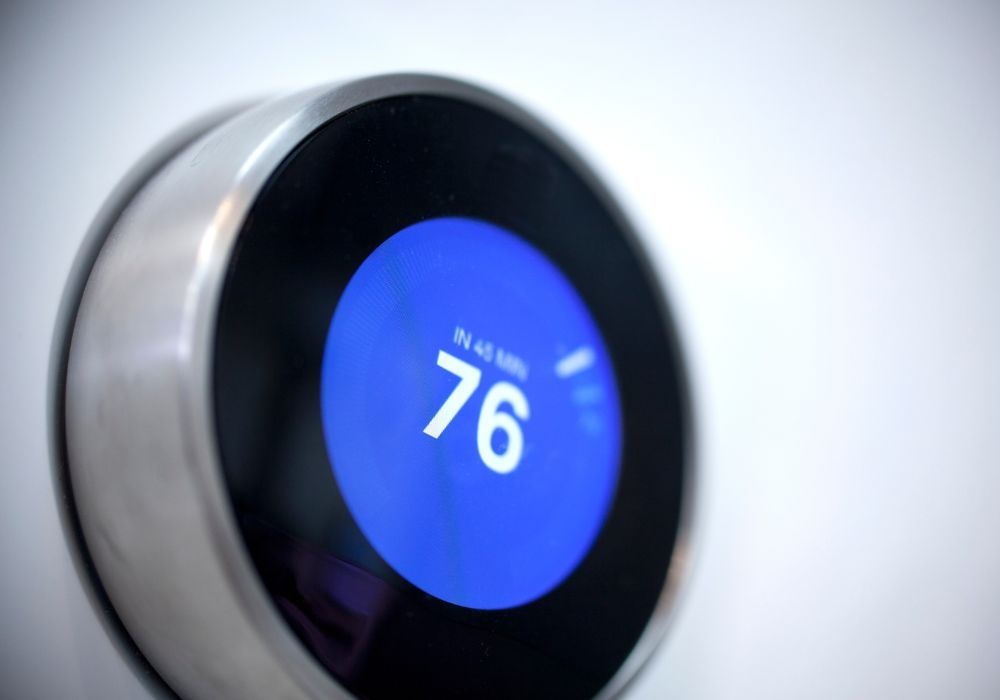
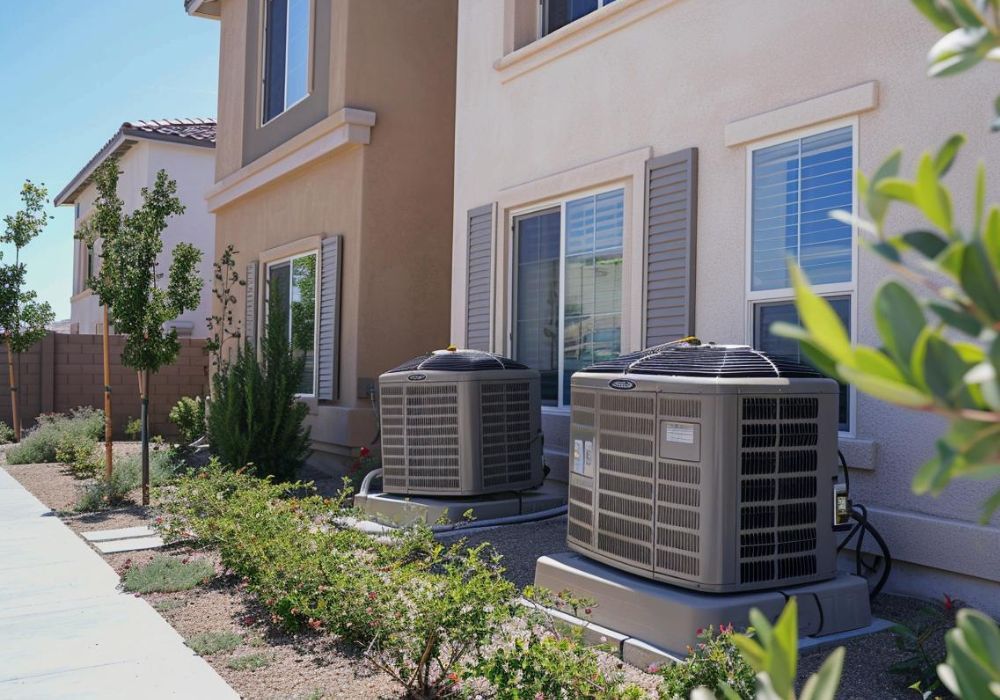
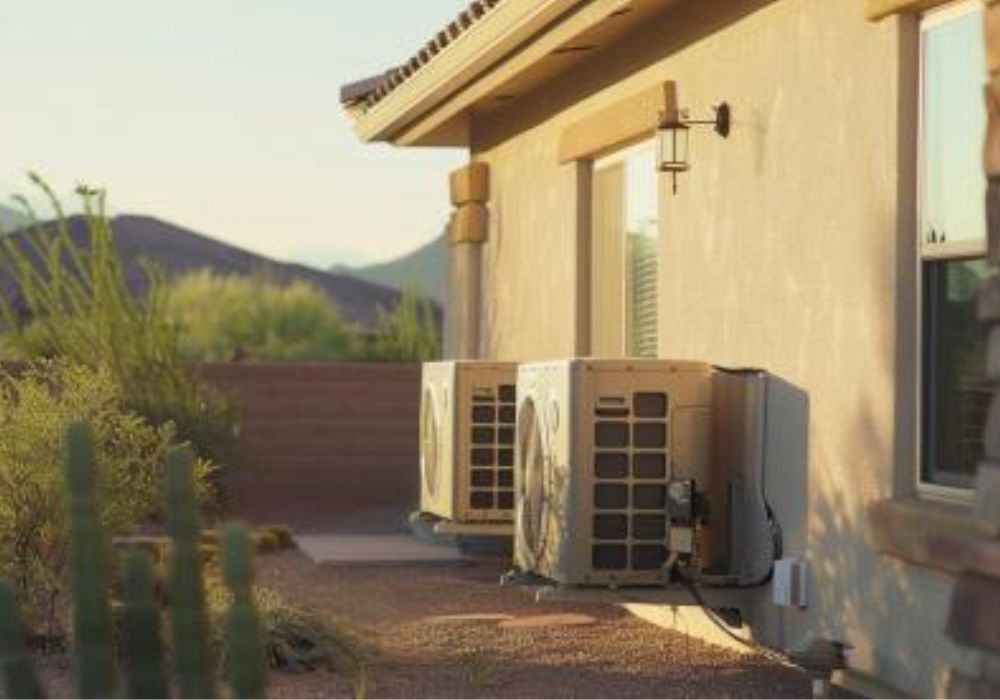
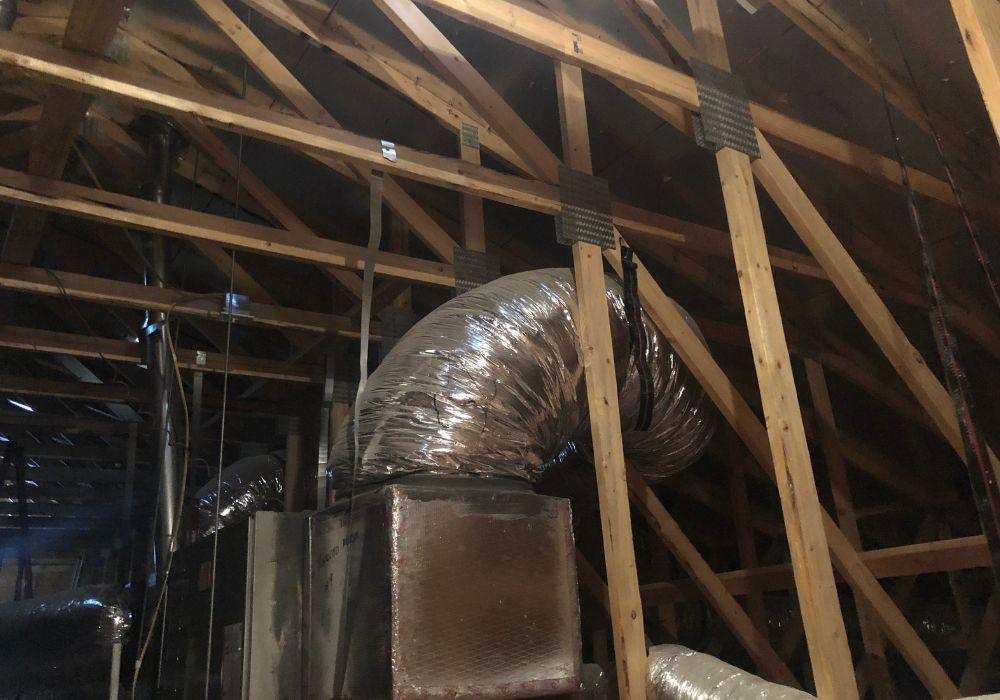
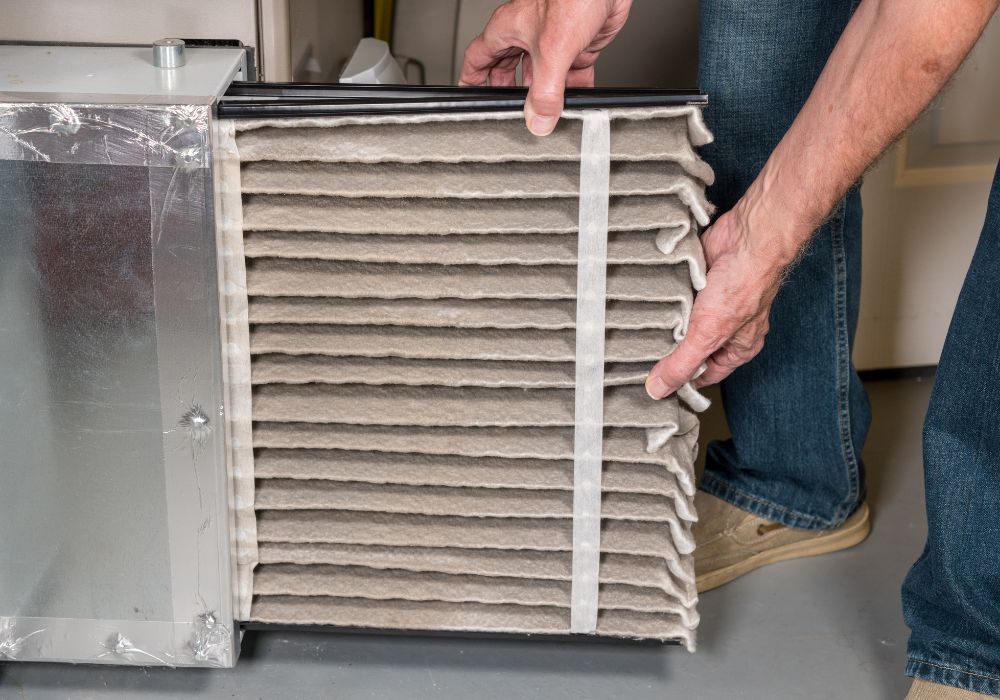
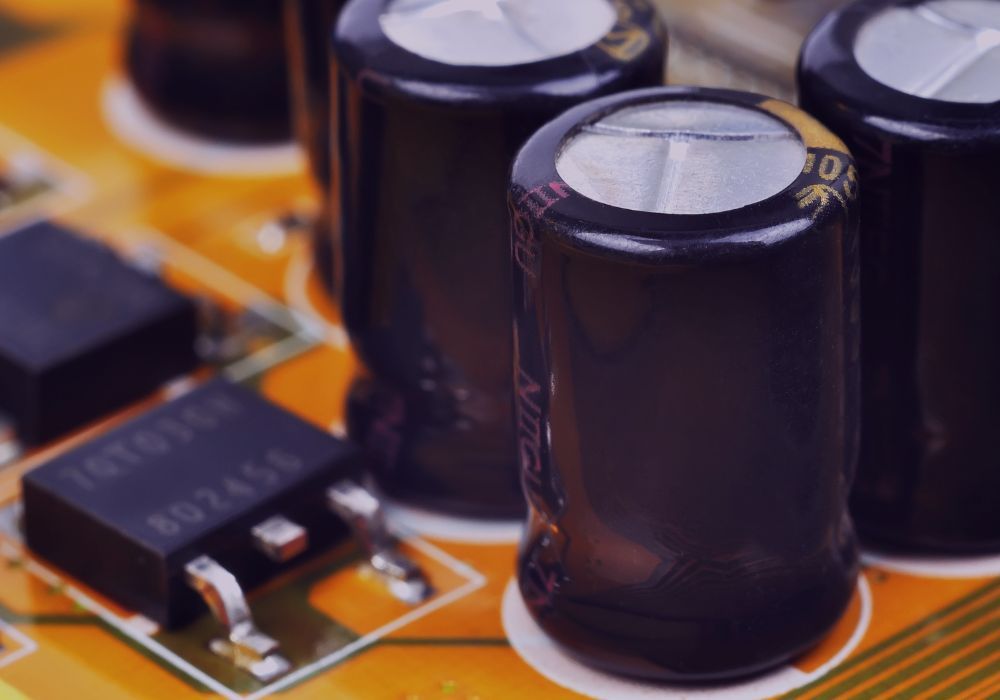
Leave a Reply